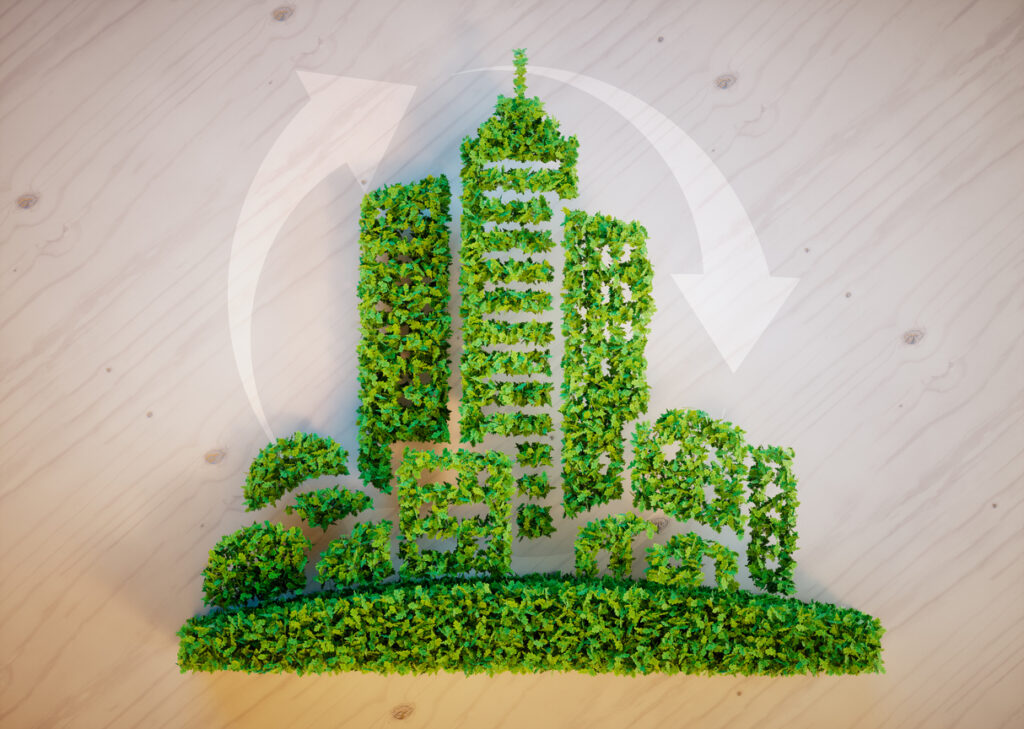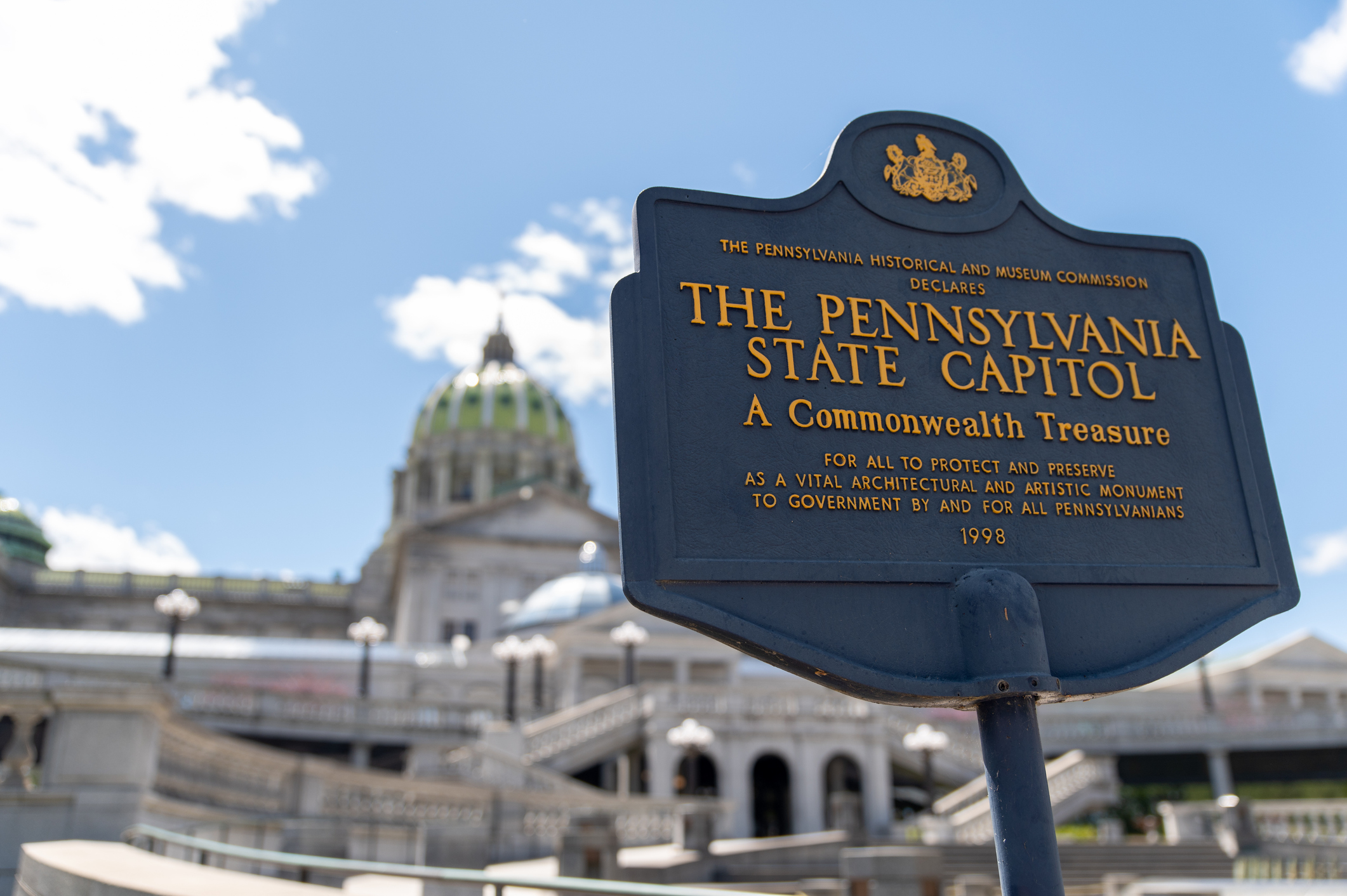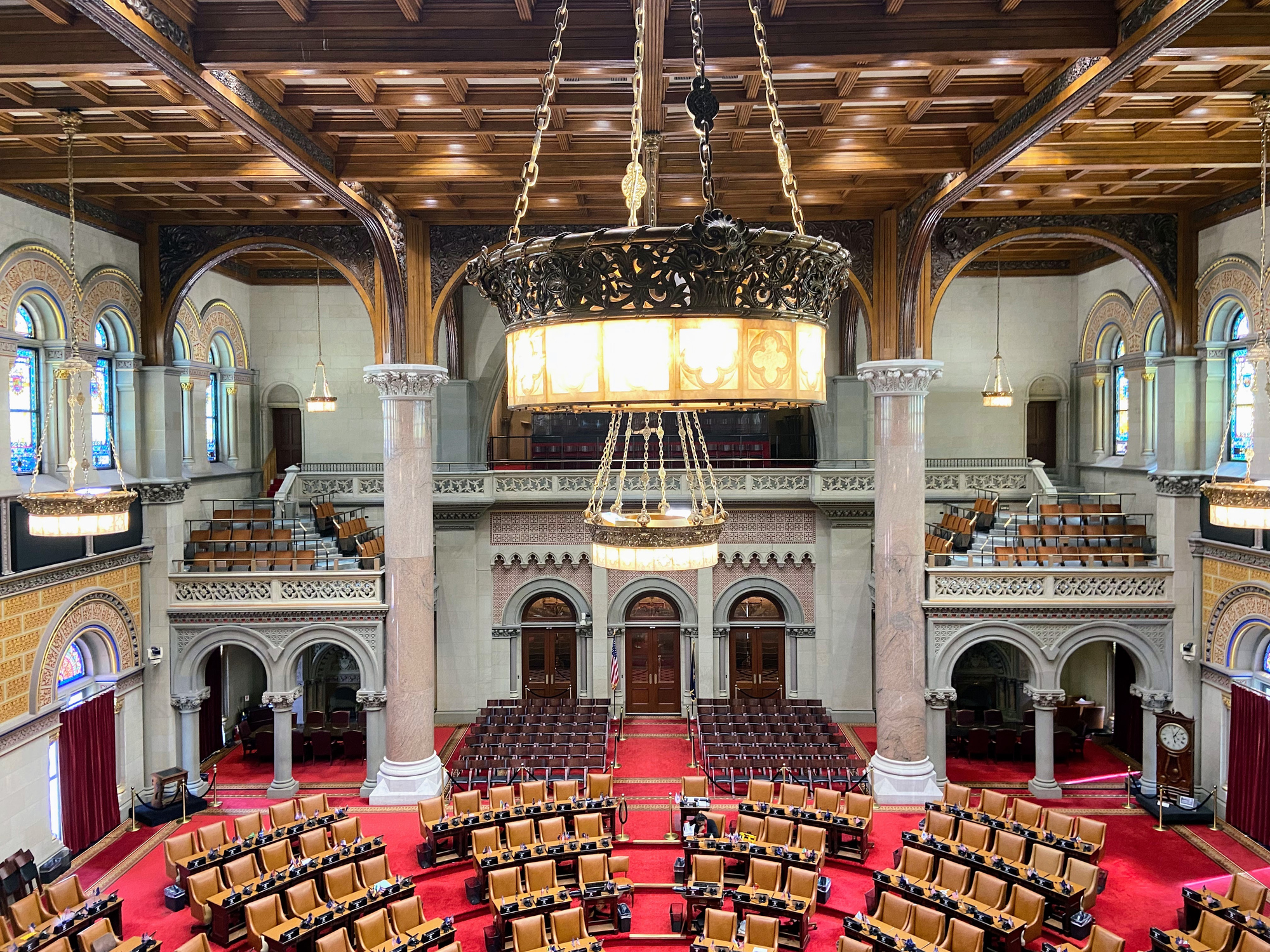
By 2060 concrete and other construction materials are expected to account for nearly 12% of global warming potential. State legislatures are increasingly interested in promoting environmentally sustainable construction materials by enacting laws and policies that incentivize or require using sustainable materials that minimize their environmental impact. Several states have introduced legislation to create standards to control the composition of building materials used within the state on certain projects.
Maryland Construction Materials Standards Bill Introduced
In March 2023, the Maryland House advanced HB261 to the Senate. This legislation would require, by January 1, 2026, the Department of General Services to establish maximum acceptable global warming potential (GWP) for concrete or cement mixture materials used in eligible public construction projects. The levels would then guide the department to use only materials that fall under the established acceptable levels in future projects.
Massachusetts Lawmaker wants Construction Materials Standards
In February 2023, State Senator Cynthia Creem (D) introduced S1981. The legislation would limit the composition of construction materials used within the state based on each material’s maximum global warming potential. The bill is intended to slow the effects of global warming and encourage the use of materials that will be better for the environment. The bill was still pending as of April 6, 2023.
Minnesota Construction Materials Global Warming Impact Standards
In February 2023, lawmakers in Minnesota introduced HF2170. This legislation would create global warming impact standards for construction materials used in state buildings and roads. Additionally, the legislation would require reports to detail emissions caused by the creation and use of products used in construction and the requirements for procuring these materials. The bill was still pending as of April 6, 2023.
New Jersey Tax Credits for Low Carbon Concrete Projects
In January 2022, lawmakers introduced SB287, which Governor Phil Murphy signed into law in January 2023. The new law offers tax credits for instate projects that use low-carbon concrete. The measure also will create a statewide global warming potential metric to measure the quality of concrete products.
Latest News
Photo credit: iStock.com/Niiaz Sabirov In 2025, several U.S. states have introduced legislation to prohibit geoengineering, defined as intentional large-scale interventions in Earth’s atmosphere or climate systems, such as cloud seeding or solar radiation modification. These [...]
Photo credit: iStock.com/Hamburg Studios As Pennsylvania continues to navigate an evolving energy landscape, state leaders are proposing new approaches to ensure reliability, affordability, and sustainability. Governor Josh Shapiro recently announced his “Lightning Plan”, a six-part [...]
Photo credit: iStock.com/Ray Tan As the impacts of climate change intensify, several U.S. states are taking legislative steps to address the mounting costs of adaptation and resilience. New York, New Jersey, and Vermont have recently [...]
Photo credit: iStock.com/Mikhail Dmitriev State lawmakers have taken legislative action to protect wildlife, including birds such as loons and swans, from lead poisoning. We have seen states pass laws banning lead sinkers or painted lead [...]






Stay In Touch